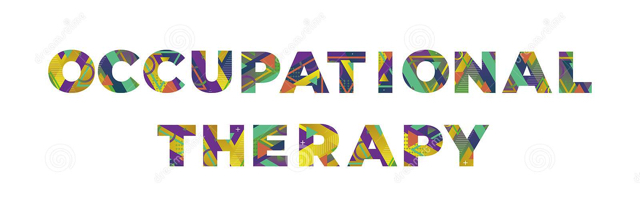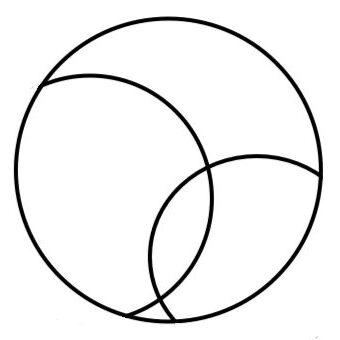I’m Kate, an Occupational Therapist (OT) and a mom, who lives with 2 kids. My parenting experience has helped me be a better OT and my OT experience has helped me be a better mom. One thing that I have spent a lot of time learning about in both my personal and professional worlds is neurodivergence. Now I’ve thrown out a couple big words that will be used on this blog so let’s stop for a moment to describe them.
What is an Occupational Therapist or OT?

An Occupational Therapist (OT) is a health care professional who helps an individual fully engage in their ‘occupations’ or activities of daily living (eating, dressing, toileting, etc.), work, and leisure (AOTA, 2021, https://www.aota.org/-/media/corporate/files/advocacy/state/resources/practiceact/ot-definition-for-aota-model-practice-act.pdf). For kids, an OT looks at a child’s occupations as their activities of daily living (which is very age-dependent), school and play. We think of a person holistically (i.e. their physical, sensory, cognitive, emotional, spiritual, etc. needs). What an OT does in different areas of practice can change greatly. OTs can practice in hospitals, in clinics, in homes and other community settings. We are in mental health practice, rehabilitation hospitals, long term care homes, schools, acute care hospitals. I may be bias, but the flexibility of occupational therapy practice makes being an OT interesting and fun.
What is neurodiversity and neurodivergent?
This question is very important to understand. These terms are thrown around a lot these days. It’s great that we are becoming more aware of these terms. What do neurodiversity and neurodivergent really mean? What is the history of these terms. The answers may sound a bit dense…stay with me.
The origin of the term neurodiversity was in 1998 coined by Judy Singer, a sociologist (Singer, 2023, https://neurodiversity2.blogspot.com/p/what.html). She described and updated the definition of neurodiversity on her blog. She describes neurodiversity as the variability of human neurotypes on Earth. A neurotype being how a person thinks and how their brain works. Judy Singer is careful to mention that she does not view neurodiversity neither “normal”/neurotypical nor “abnormal”/neurodivergent. She thinks of neurodiversity as a difference not a disability. So in short, neurodiversity refers to all humans different ways of thinking. For more details, there is a discussion on Medium from Jesse Meadows (https://jessemeadows.medium.com/youre-using-the-word-neurodiversity-wrong-e579ffa816a8).
Neurodivergent is a newer term that acknowledges the privilege that some individuals have over others in the way that their brains function. It was coined by Kassiane Asasumasu, a self identified neurodivergent individual, who wants the term to be inclusive of anyone who is not typical. Neurodivergence includes, but is not limited, to individuals diagnosed with autism spectrum disorder (ASD), attention deficit/hyperactivity disorder (ADHD), learning disabilities (e.g. dyspraxia, dyslexia, dyscalculia, etc.), neurological disorders (e.g. seizure disorder, multiple sclerosis, cerebral palsy, etc. ) mental illness, and so on. https://exceptionalindividuals.com/neurodiversity/. Many individuals do not have diagnosis. Getting a diagnosis can cost a lot of money, take a lot of time, and may not be feasible for some.
Awareness of neurodiversity and neurodivergent is growing. Ongoing healthy debate of how these terms are used is also evolving. I’m not here to debate their use, but wanted to have a foundation on the OT Living with Kids site as we’ll be referring to these terms at times.
Note: I do not have a diagnosis and identify me as nor do I self identify as being neurodivergent. However we all live together with different ways of thinking so we have likely worked with, gone to school with, have someone in our family who thinks more like us or less so. Some of these people may be neurodivergent but not have a diagnosis (the challenges of getting one if they wanted is a whole other debate!).
The OT Living with Kids blog will remain inclusive and evolve as needed. What do you think about neurodiversity vs neurodivergence? Are you still confused about what OTs do? Let me know in the comments.

Leave a Reply